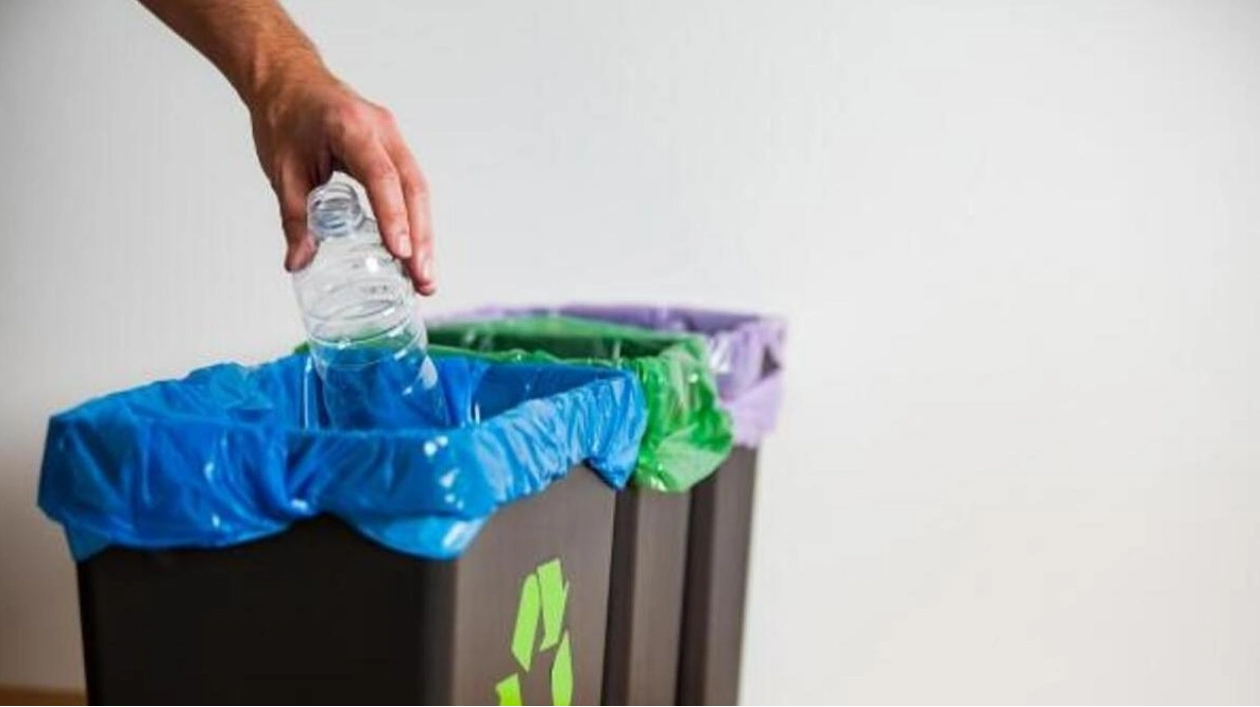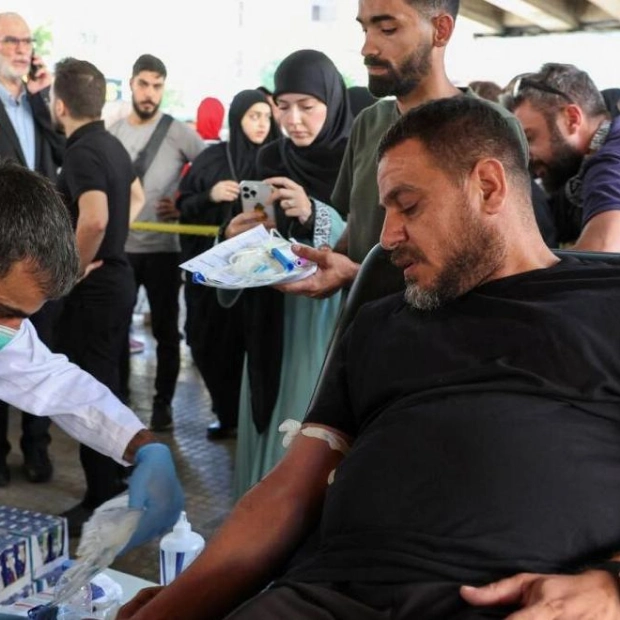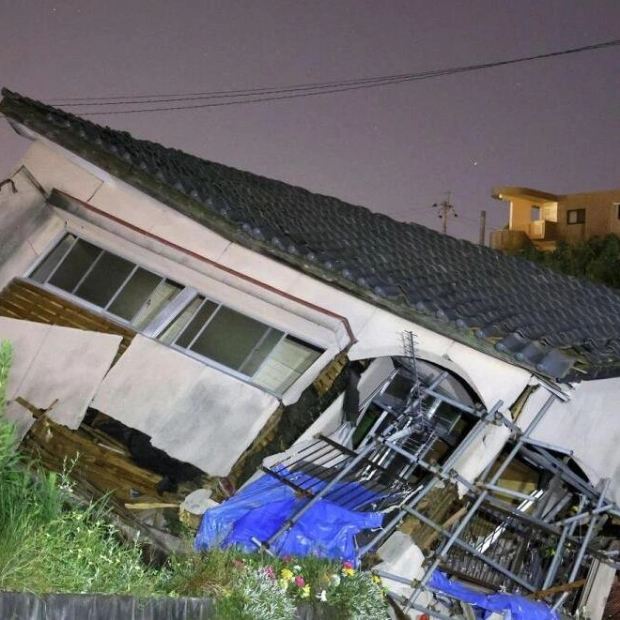A recent survey by global pollster Gallup has revealed that 34 per cent of UAE households collect and separate their waste, while 53 per cent collect but do not separate it. The study also found that six per cent of households in the UAE do not collect but separate their waste, and eight per cent neither collect nor separate it.
The survey highlighted that plastic (42 per cent) and food waste (43 per cent) are the primary materials discarded in household waste across the Middle East. However, the UAE has a higher inclination towards plastic waste (53 per cent) compared to the regional average.
In terms of waste collection and separation, the UAE ranks second in the Middle East, following Israel where 43 per cent of households engage in this practice. The Emirates ranks fourth in the sub-index of waste collected but not separated, behind Kuwait, Palestine, and Turkey.
The study, which covered 147,000 interviews across 142 countries and territories, is based on data from the latest edition of the World Risk Poll, produced by Lloyd’s Register Foundation in collaboration with waste management experts from the United Nations Environment Programme and Engineering X. In the Middle East, an average of 22 per cent of household waste is collected and separated, while 42 per cent is collected but not separated, 10 per cent is not collected but separated, and 26 per cent is neither collected nor separated.
Approximately 64 per cent of households in the Middle East have their waste collected by government, private companies, or community groups. Additionally, 12 per cent of people in the region live in households that either burn (7 per cent) or throw their waste outside (4 per cent).
In high-income countries, 71 per cent of household waste is collected and separated, compared to 15 per cent that is collected but not separated. Nancy Hey, director of evidence and insight at Lloyd’s Register Foundation, emphasized that safe and sustainable waste disposal is crucial infrastructure, impacting air quality, health, the safety of waste workers, and the environment, particularly if waste ends up in oceans.
Hey also noted that dangerous practices like open burning occur where viable alternatives are lacking, necessitating investment in better collection and processing infrastructure in regions with minimal official waste collection or separation. She hopes that policymakers and communities will use the survey data to engineer long-term, systemic change.






